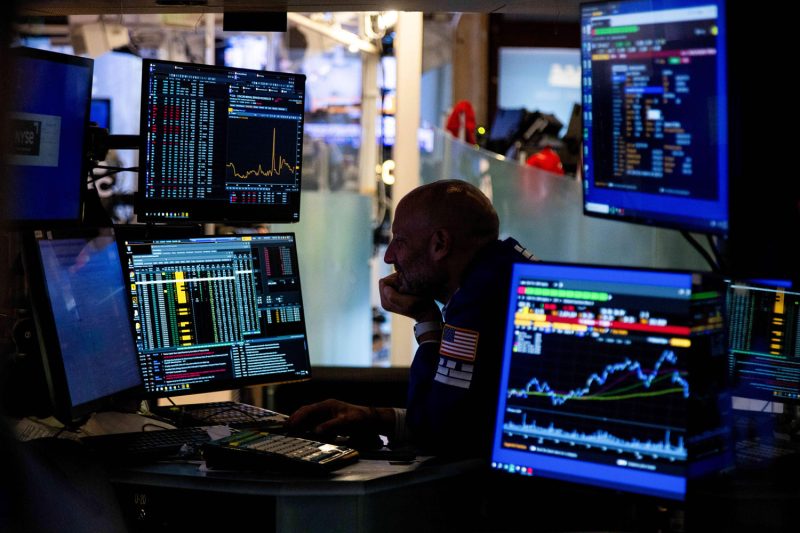The Dow Jones Industrial Average took a substantial hit on Thursday, closing nearly 500 points lower as a wave of concern about a potential recession washed over investors. Worldwide economies are locked in a battle against numerous economic adversities, and the U.S. stock market was forced to bear the brunt of induced panic.
A substantial reason for this downturn in the financial market is the persistent anxiety over a looming recession. The fear is driven by several factors, among which are inflation, decelerating economic growth, the threat of a global economic slowdown, and the weight of geopolitical tensions. The widespread concern among investors is not unfounded, given the existing economic conditions and uncertain prospects in the short to medium term.
Central to these concerns is the unique set of economic indicators that have historically pointed towards an impending recession, one of which is the yield curve inversion. This is when the yields on shorter-term bonds surpass those of longer-term ones, an unusual phenomenon that can be a harbinger of recession. It’s a red flag for economists and investors alike, signaling that people are taking a more pessimistic view of the economy’s mid-to-long-term outlook.
This was the case on Thursday when the yield on a 10-year Treasury note slipped below the yield on a 2-year note. It was the first yield curve inversion since 2007, just before the Great Recession. This inversion not only perpetuated recession fears but acted as a catalyst for the Dow’s colossal slump.
Serious concerns about the tension-charged US-China trade talks also play a large part in the investors’ recession fears. Relations between the world’s two largest economies impact global trade, thereby influencing investor confidence and stock market performance. Indeed, disappointments stemming from the trade meetings have been a significant contributor to this bout of stock market volatility.
A combination of the aforementioned factors leads to a cataclysmic effect on investors, causing them to pull back, and this retreat inevitably leads to decreased market activity and further worsens the situation. The uncertainty discourages potential investors, fueling a downward spiral in the stock market indexes like the Dow Jones.
Looking at specific sectors, it was a broad-based decline with all major S&P sectors closing in the negative. In particular, the financial stocks were the hardest hit due to their sensitivity to lower interest rates. Similarly, technology companies, with their global exposure, felt the sting of the intensified trade tensions between the U.S. and China.
The market condition is a clear reflection of the investors’ mindset and sentiment towards the current economic climate. The compounding fears about a slowdown and a possible recession are directly impacting the stock market, leading to extreme volatility. These movements are likely to persist until a solid solution to the ever-escalating trade war is found, and until then, it will be a roller coaster ride for investors.




